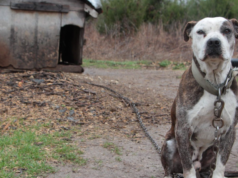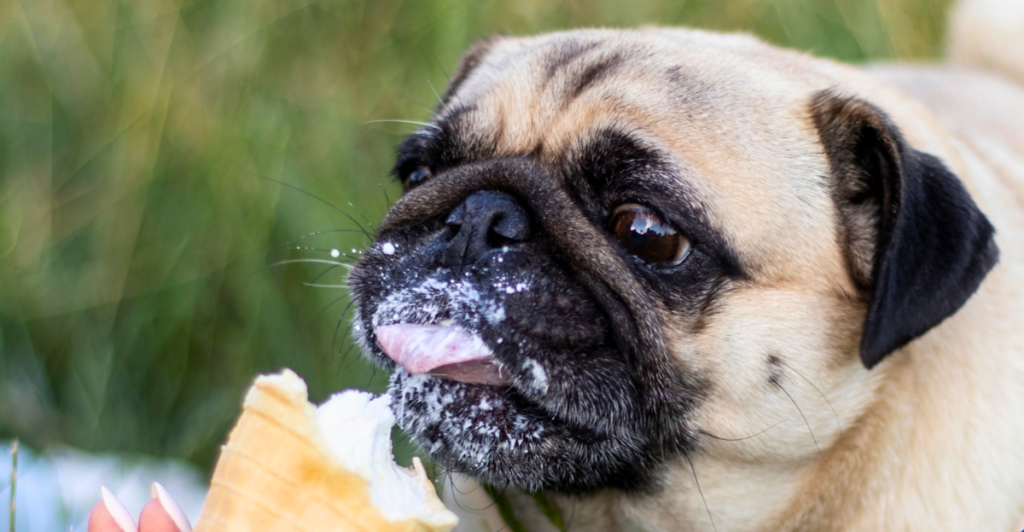
Our furry friends rely on us to keep them safe, happy, and healthy. While sharing a snack might seem harmless, some foods can be dangerous—even deadly—for dogs. Let’s take a look at 12 foods that you should never feed your dog.
1. Chocolate:
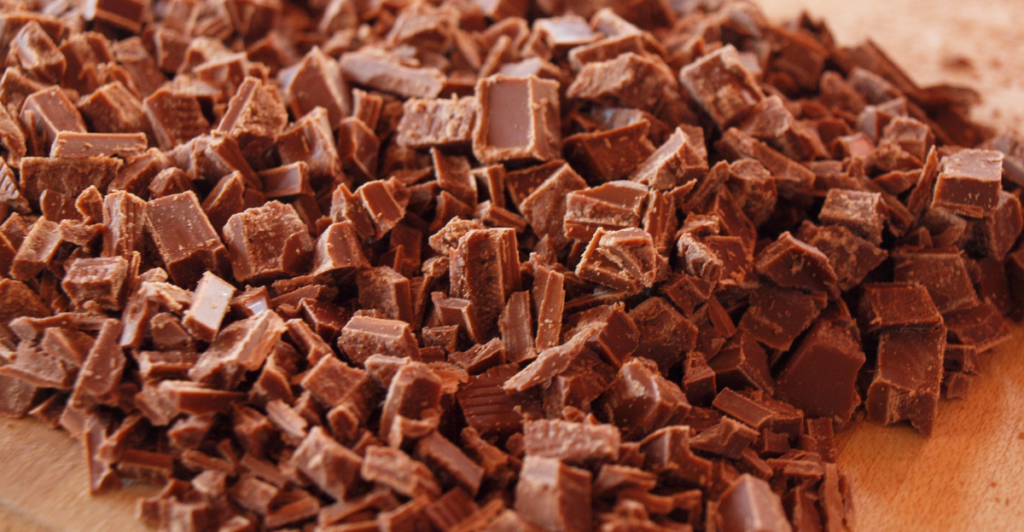
Chocolate contains theobromine and caffeine, both of which are toxic to dogs. Dark chocolate and baking chocolate are the most dangerous due to their higher concentration of these compounds. Even small amounts can cause vomiting, diarrhea, increased heart rate, seizures, and, in severe cases, death. The toxicity level depends on the type of chocolate, the amount consumed, and the size of the dog.
2. Grapes and Raisins
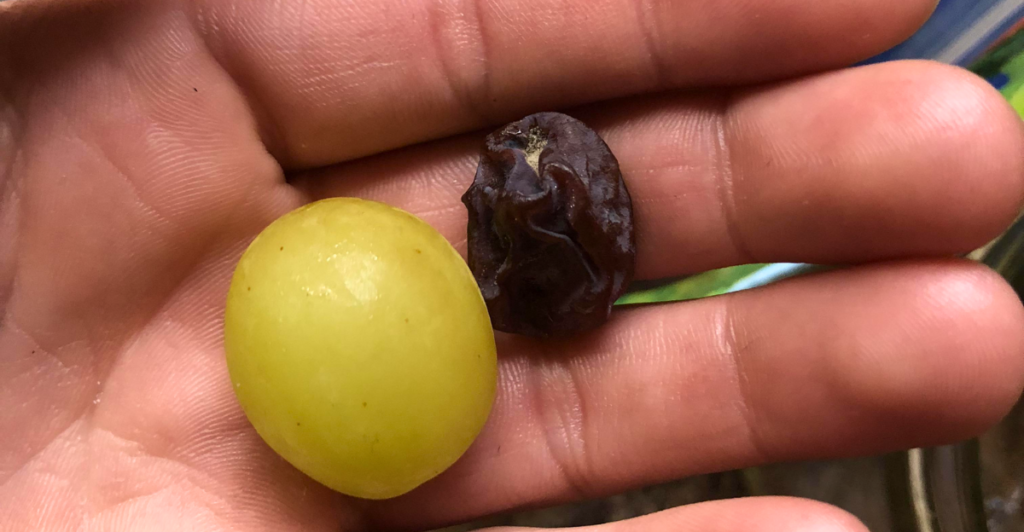
The exact substance in grapes and raisins that causes toxicity in dogs is unknown, but even small amounts can lead to sudden kidney failure. Symptoms include vomiting, diarrhea, lethargy, abdominal pain, and changes in urine output. Some dogs seem more susceptible than others, but it’s best to avoid these fruits entirely.
3. Macadamia Nuts
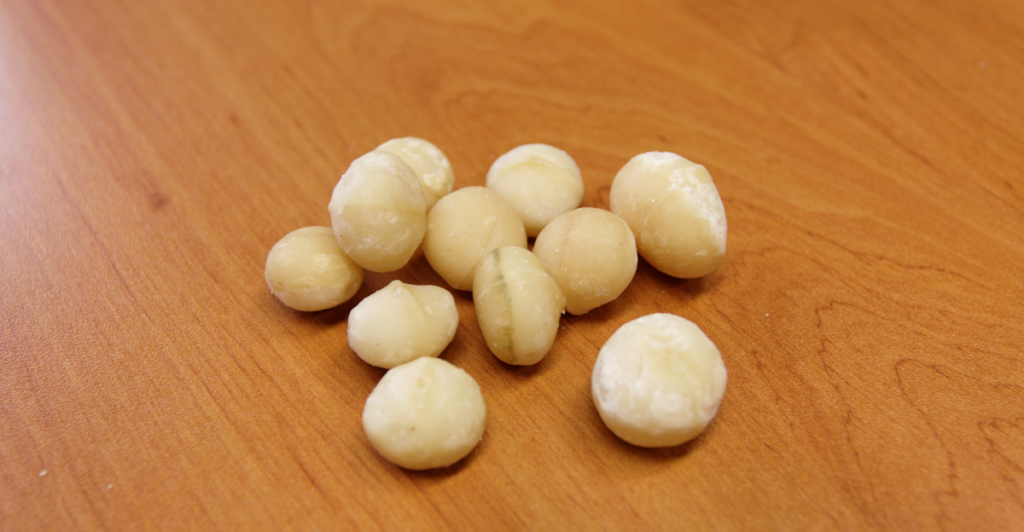
Macadamia nuts can cause weakness, depression, vomiting, hyperthermia (increased body temperature), and tremors in dogs. The toxic compound is unknown, but symptoms typically appear within 12 hours of ingestion and can last up to 48 hours. While rarely fatal, macadamia nut poisoning can be very uncomfortable for dogs.
4. Alcohol
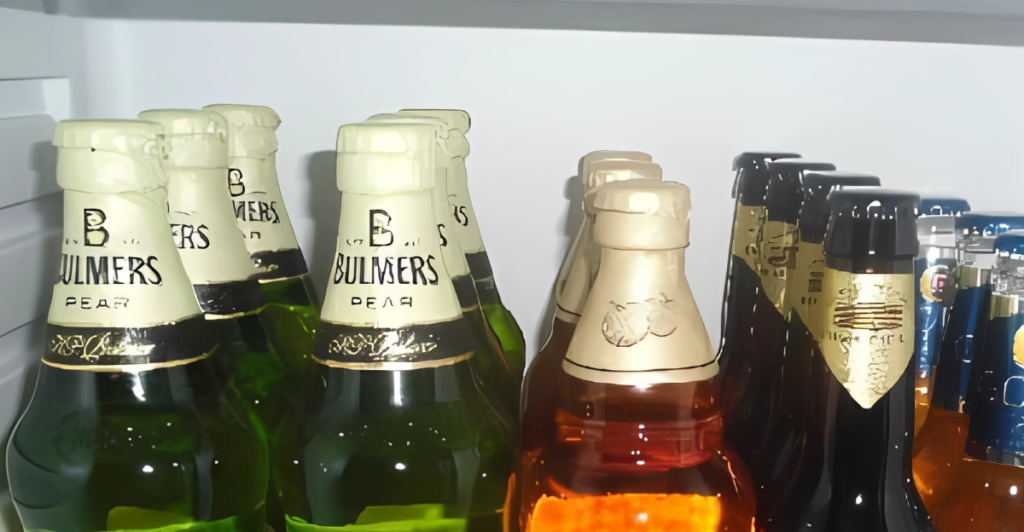
Dogs are far more sensitive to alcohol than humans. Even small amounts can cause intoxication, leading to vomiting, loss of coordination, central nervous system depression, difficulty breathing, coma, and even death. The smaller the dog, the greater the risk.
5. Avocado
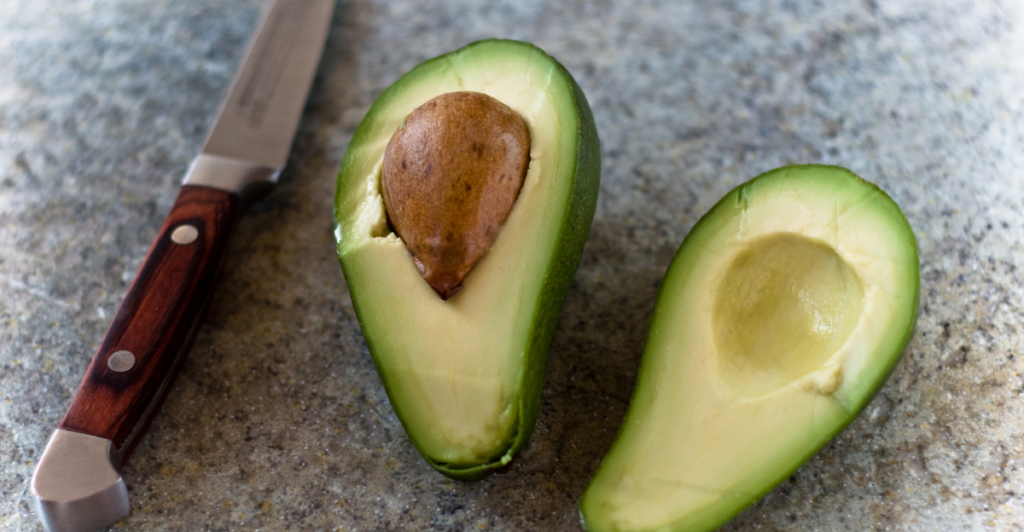
Avocados contain persin, a fungicidal toxin that can cause vomiting and diarrhea in dogs if they eat too much of it. While the flesh contains less persin than other parts of the fruit, it’s still best to avoid feeding avocados to dogs. The pit also poses a choking hazard and can cause intestinal blockage if swallowed.
6. Onions and Garlic
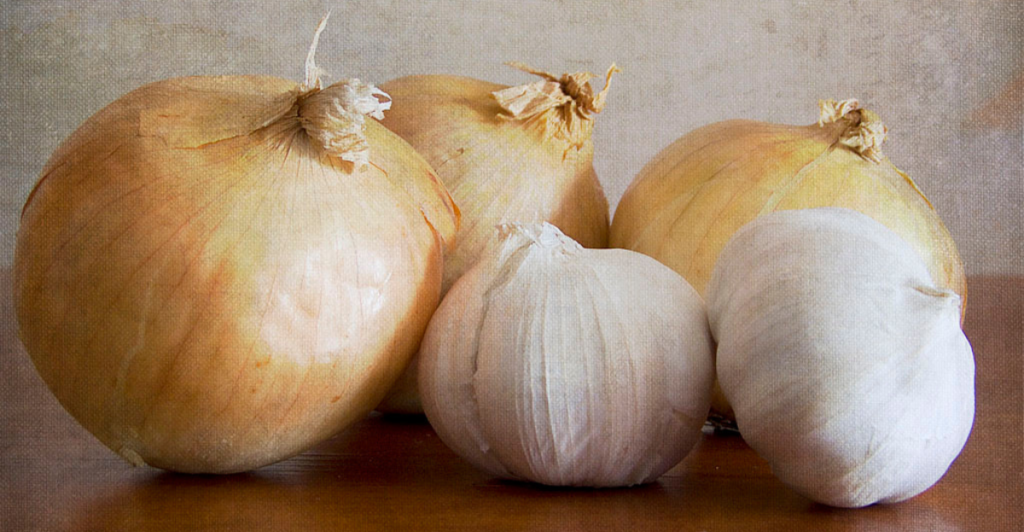
All members of the allium family (onions, garlic, leeks, and chives) are toxic to dogs. They contain compounds that can damage red blood cells, potentially leading to anemia. Symptoms may not appear for several days after consumption. Garlic is about five times as potent as onions. Even small amounts, whether raw, cooked, or in powder form, can be harmful.
7. Caffeine
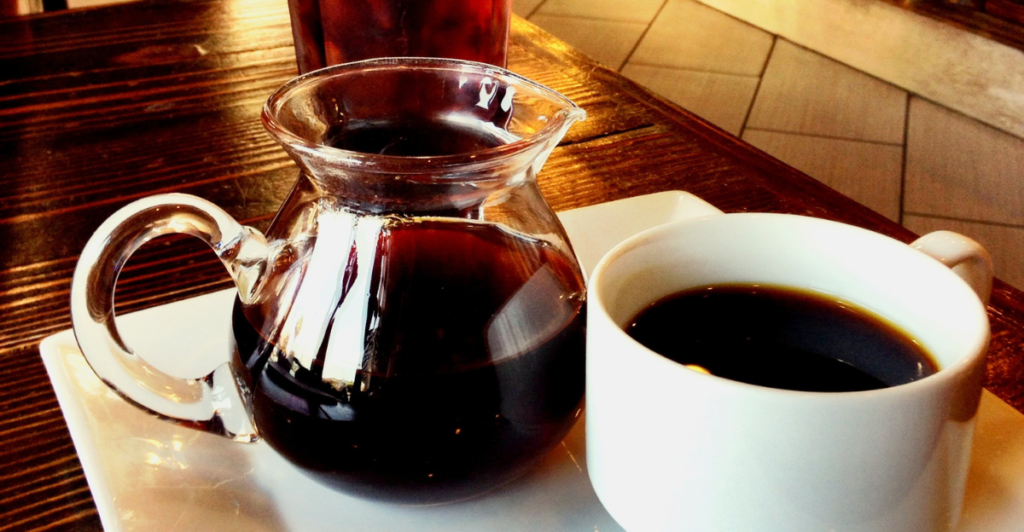
Found in coffee, tea, and some sodas, caffeine can be very dangerous for dogs. It stimulates their nervous system, causing restlessness, rapid breathing, heart palpitations, and muscle tremors. In large quantities, it can be fatal. Be aware that caffeine is also present in some medications and diet pills.
8. Raw Yeast Dough
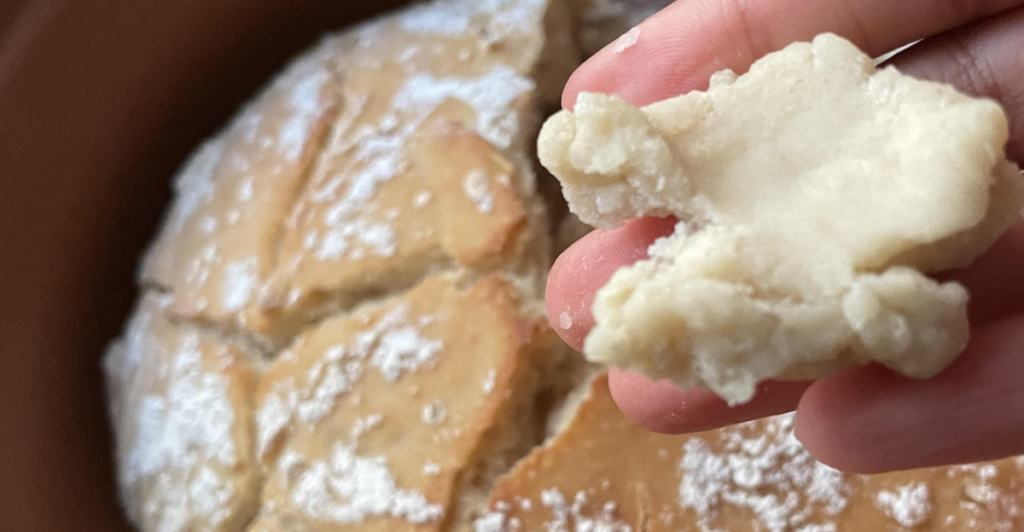
When a dog eats raw yeast dough, the dough continues to rise in their warm stomach, potentially causing dangerous bloating (gastric dilatation) or even gastric-dilatation volvulus (GDV), a life-threatening emergency. Additionally, as the yeast ferments, it produces alcohol, which can lead to alcohol poisoning.
9. Nuts
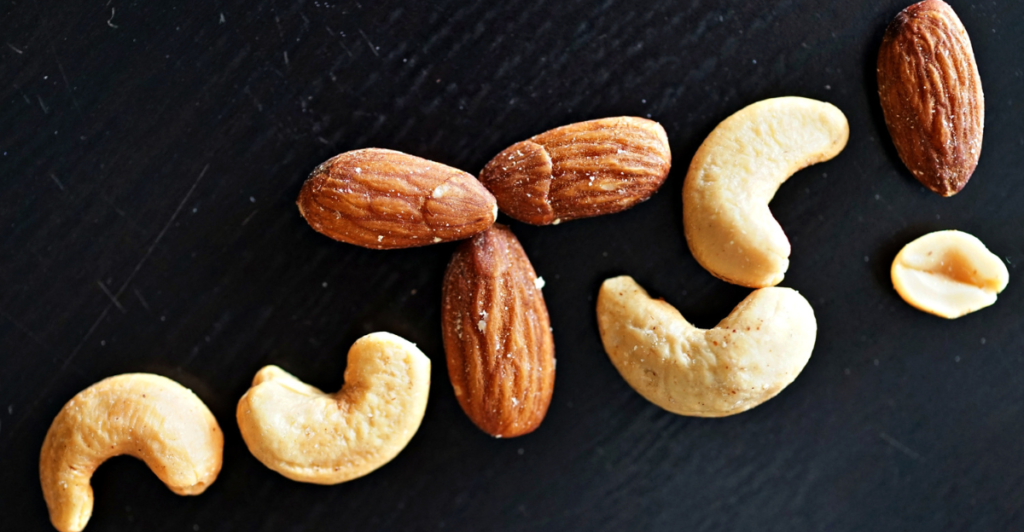
While not all nuts are toxic, many are high in fat and can cause digestive upset and potentially pancreatitis, a serious inflammation of the pancreas. Macadamia nuts are particularly toxic (as mentioned earlier). Almonds can cause gastric intestinal distress and potential obstruction. Walnuts and pecans can cause gastric intestinal upset or obstruction, and moldy walnuts can cause seizures or neurological symptoms.
10. Milk and Dairy
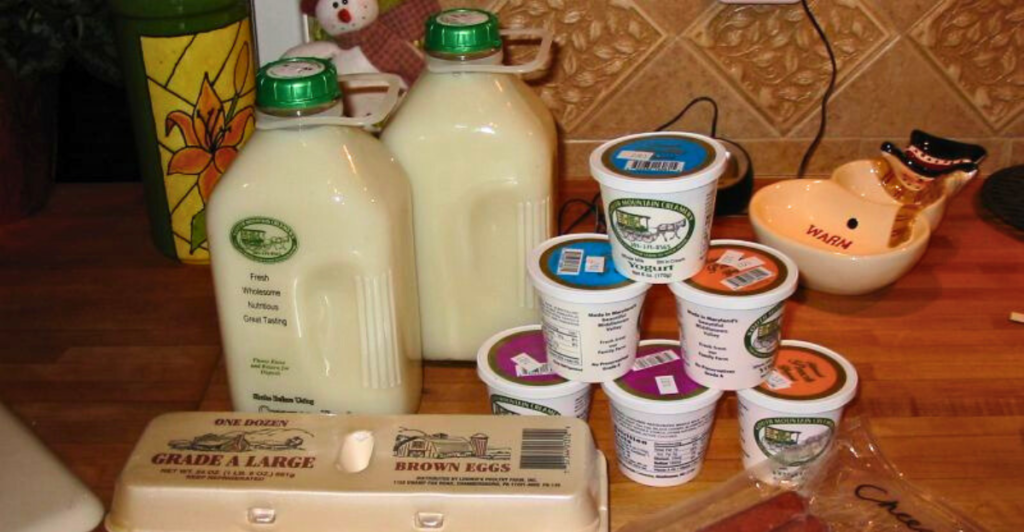
Most dogs are lactose intolerant, meaning they lack sufficient amounts of the enzyme lactase to properly digest milk and dairy products. Consuming these can lead to digestive issues such as diarrhea, vomiting, and abdominal discomfort. While not typically life-threatening, it can cause significant discomfort.
11. Fruit Pits
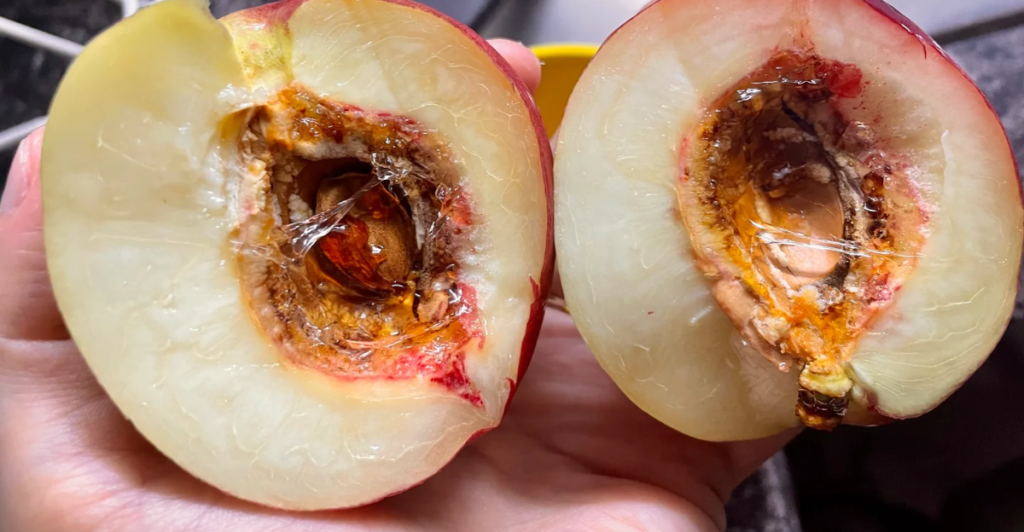
The pits of fruits like cherries, peaches, and plums contain cyanide, which is poisonous to dogs and humans alike. Additionally, the pits can cause intestinal obstruction if swallowed. The flesh of these fruits is generally safe for dogs in moderation, but always remove the pit before feeding.
12. Salt
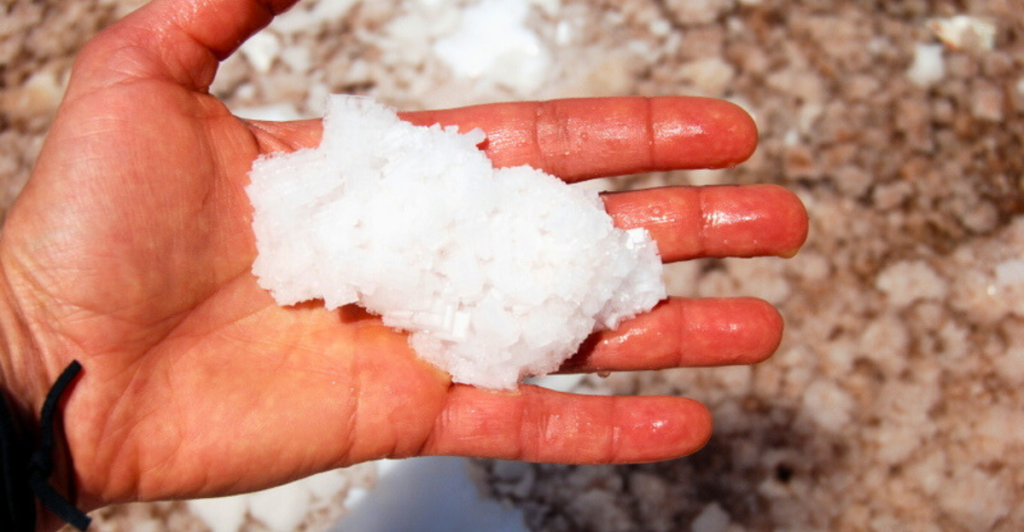
While small amounts of salt are necessary for dogs (as for humans), excessive salt intake can lead to sodium ion poisoning. Symptoms include vomiting, diarrhea, depression, tremors, elevated body temperature, and seizures. In severe cases, it may cause kidney damage. Be particularly careful with salt-heavy human foods, and never give your dog salt water as a drink.
Source:
29 common human foods you may not realize are poisonous to your dog
Disclaimer: This article was written with the assistance of AI and was edited/fact-checked by a human.
Stay connected with us for more stories like this! Follow us to get the latest updates or hit the Follow button at the top of this article, and let us know what you think by leaving your feedback below. We’d love to hear from you!




